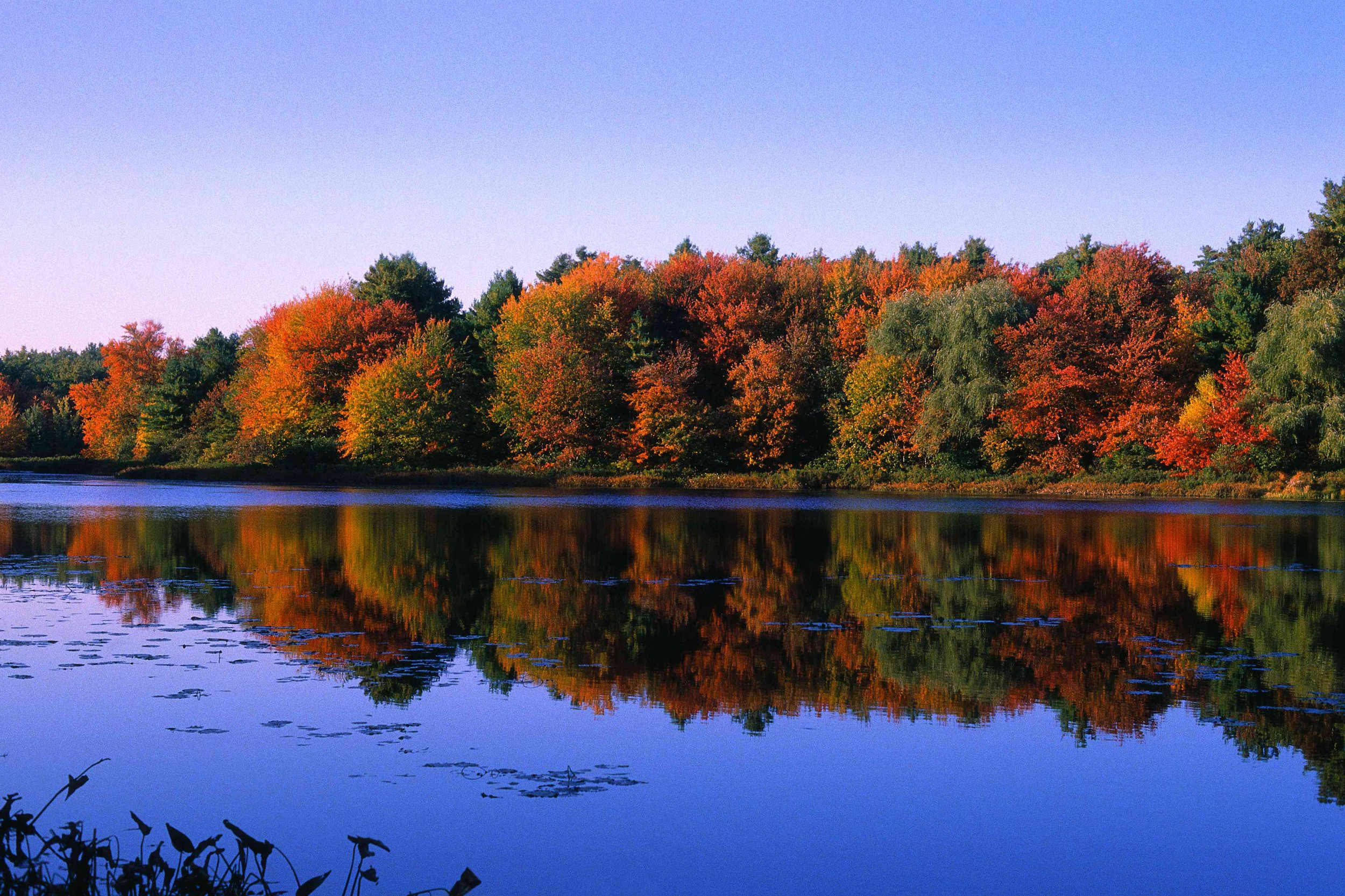Running to Walden
Published by Like The Wind
On Author’s Ridge in Sleepy Hollow Cemetery in Concord, Massachusetts, Henry David Thoreau’s grave marker stands barely a foot tall in his family lot. The grave is studded with a dozen yellow pencils, two quarters, and a pine cone.
Thoreau worked as a surveyor, teacher, labourer and pencil maker and is known especially for the two years, two months, and two days during which he lived alone in a cabin of 10x15' at the edge of Walden Pond. The cabin contained a fireplace, a single bed, a green writing desk, and three chairs (‘one for solitude, two for friendship, three for society’). Thoreau walked through the woods for hours each day then returned to his desk to write.
Nearby, Ralph Waldo Emerson’s tomb is marked by a rose-quartz boulder. Emerson believed that all persons have capacity for good, and that this faculty could develop through time in the natural world. Transcendentalists like Emerson and Thoreau are less common today than in the 19th century, but tracked and trackless woods speak to us yet.
The rain had fallen steadily overnight, slicking roots and dampening pine needles on the forest floor. By noon the heat and humidity rose and sweat worked through my shirt as I ran. Along Lexington Avenue a chipmunk dashed across the pavement in front of me, streaks of white and hazel and black fur on its back.
I turned into Heywood meadow where tall grass lashed against my shoes. I heard the sound of a train in the distance, and scampered along planks of wood laid to help walkers through the swamp. Wampanoag and Nipmuc people once moved here by canoe: foraging, trading, visiting, hunting. Parts of the land were purchased by colonists, but in 1675 native people were forcibly removed to Deer Island, where many died of exposure and starvation.
A century later, on the morning of April 19, 1775, British troops marched out of Boston to destroy stockpiled munitions and were fired on by Colonial minutemen at North Bridge. By the end of that day 122 men were dead, and the War of Independence had begun.
*
I picked warily over roots and chipped bark, and thought of Emerson’s observation that:
‘Every spirit builds itself a house,
and beyond its house a world,
and beyond its world a heaven’
I thought that’s what I had been doing. I had let someone in, and believed she had come to stay. But whatever she saw she shrank from, and left me over the phone when I told her I was coming home.
So the heaviness I felt was not unfitness, but grief. For I had waited and hoped, and now was unstrung. The loss of an imagined future is difficult to take, for it is the death of a possible life. Bitterness swirled as I ran, as though the lumpish footprints which snapped twigs and scattered stones shook up something hurt in me also.
The trail sneaked between trees and I followed. All I have known how to do my whole life is to press forward. I glimpsed the water, blue between birch and pine.
Thoreau surveyed Walden Pond in 1846 before the ice broke with chain and sounding line. The pond was unfrozen when I visited in December, a day of first snow. I stayed in the water too long, the bliss in the cold too lovely to leave, and my temperature plummeted. My limbs shook, thoughts slowed, and nausea held me. Returning to Cambridge I went for hot chocolate – white, rich, and full of nutmeg. It still took hours in the library for me to thaw.
By now it was June, the last day of my year of life in America, and my body was hot all the way through. At the water’s edge I dropped my pack, stopped my watch, and walked into the pond. The cool water eased my tired legs, and for a moment my sadness lifted. Does emotion follow action, or is the reverse? Either is simplistic. Running to Walden changed little, but it was the way I chose to say goodbye to America. On some level I knew it to be a mercy. Things don’t always have to feel good.
